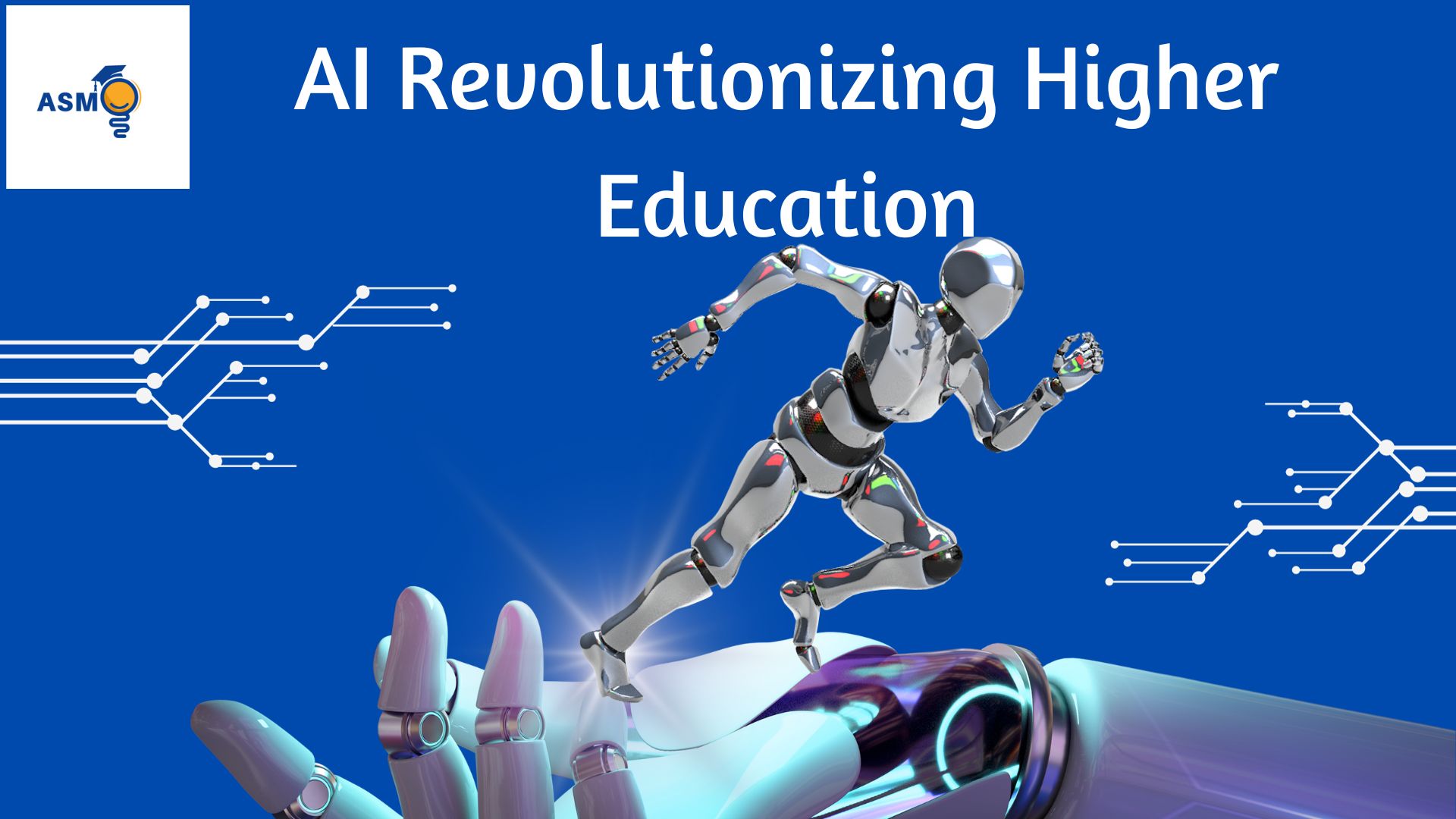Artificial intelligence (AI) is rapidly transforming the landscape of higher education, offering innovative solutions to enhance teaching, learning, and administrative processes. From personalized instruction to automated grading, AI is empowering educators to deliver more effective and engaging educational experiences for students.
1. AI Personalized Learning: Tailoring Education to Individual Needs
AI-powered personalized learning platforms are revolutionizing the way students engage with course material. These platforms adapt to each student’s unique learning style, pace, and strengths, providing customized instruction and targeted support. AI algorithms analyze student data to identify areas of weakness and recommend resources accordingly, ensuring that each student receives the personalized attention they deserve.
2. AI Automated Grading and Feedback: Freeing Up Time for Personalized Interaction
Artificial Intelligence-powered grading systems are alleviating the burden on teachers, automating the grading of essays, quizzes, and other assignments. This frees up valuable time for teachers to focus on providing personalized feedback, engaging in one-on-one discussions, and fostering deeper connections with students.
3. AI Chatbots and Virtual Assistants: 24/7 Support for Students
Chatbots and virtual assistants are becoming indispensable tools for providing students with 24/7 support. These Artificial Intelligence-powered agents can answer questions about courses, registration, campus resources, and administrative procedures, offering students immediate assistance and reducing the load on traditional support channels.
4. Artificial Intelligence Plagiarism Detection: Ensuring Academic Integrity
Plagiarism detection tools are playing a crucial role in safeguarding academic integrity. These tools can scan student work for instances of plagiarism, helping to ensure that students are producing original content and upholding ethical academic standards.
5. Online Proctoring: Maintaining Exam Integrity in Distance Learning
Online proctoring software is facilitating effective exam administration in distance learning environments. This technology monitors student behavior during online exams, ensuring that students are taking the exam independently and without unauthorized assistance.
6. Student Retention: Identifying and Supporting At-Risk Students
Artificial Intelligence algorithms can analyze student data to identify students who may be at risk of dropping out. By identifying these students early, institutions can provide targeted support, such as academic advising, peer mentoring, and financial aid assistance, to help them stay on track and achieve their academic goals.
7. Admissions and Enrolment: Enhancing Recruitment and Selection
Artificial Intelligence-powered admissions tools are streamlining the recruitment and selection process for universities. These tools can analyze applicant data, predict academic success, and identify potential students who may be a good fit for the institution.
8. Research and Development: Accelerating Discovery and Innovation
Artificial Intelligence is revolutionizing the way researchers conduct their work, providing powerful tools for data analysis, modeling, and simulation. AI is accelerating discovery and innovation in various fields, from medicine to engineering to social sciences.
9. Administrative Tasks: Streamlining Operations and Reducing Costs
Artificial Intelligence is automating many administrative tasks, such as scheduling, grading, and student records management. This is freeing up staff time to focus on more strategic initiatives and reducing administrative costs for institutions.
10. Accessibility: Making Education More Inclusive
Artificial Intelligence is making education more accessible for students with disabilities. AI-powered tools such as text-to-speech, speech-to-text, and real-time captioning are breaking down barriers and enabling students with diverse abilities to participate fully in the learning process.
Artificial Intelligence: The Future of Higher Education
Artificial Intelligence is poised to continue transforming the landscape of higher education, offering even more innovative and transformative solutions in the years to come. AI has the potential to make education more personalized, effective, and accessible for all students, empowering them to reach their full potential and contribute to a brighter future.
The AI revolution is transforming education, offering numerous benefits but also posing challenges that require strategic action. To secure education in this new era, institutions must focus on promoting digital literacy, ensuring both educators and students understand how to use Artificial Intelligence responsibly. Ethical policies for Artificial Intelligence use are essential to prevent misuse and bias in educational tools. Strengthening data privacy and cybersecurity is critical, as is fostering human-Artificial Intelligence collaboration to enhance teaching without replacing human educators.
Addressing digital inequality is vital to ensure all students have access to Artificial Intelligence-driven resources, while resilience against Artificial Intelligence misuse, such as plagiarism, must be built into policies. Lifelong learning programs for educators can help them adapt to the evolving Artificial Intelligence landscape, while regular evaluation of Artificial Intelligence tools ensures fairness and effectiveness. Preparing students for workforce changes by integrating Artificial Intelligence-related skills and emphasizing ethical Artificial Intelligence development are key components of future-ready education.
By prioritizing equity, transparency, and innovation, educational systems can harness Artificial Intelligence’s potential while mitigating risks. Collaboration among educators, policymakers, and developers is necessary to shape an ethical, inclusive, and secure future for learning in the age of Artificial Intelligence.


